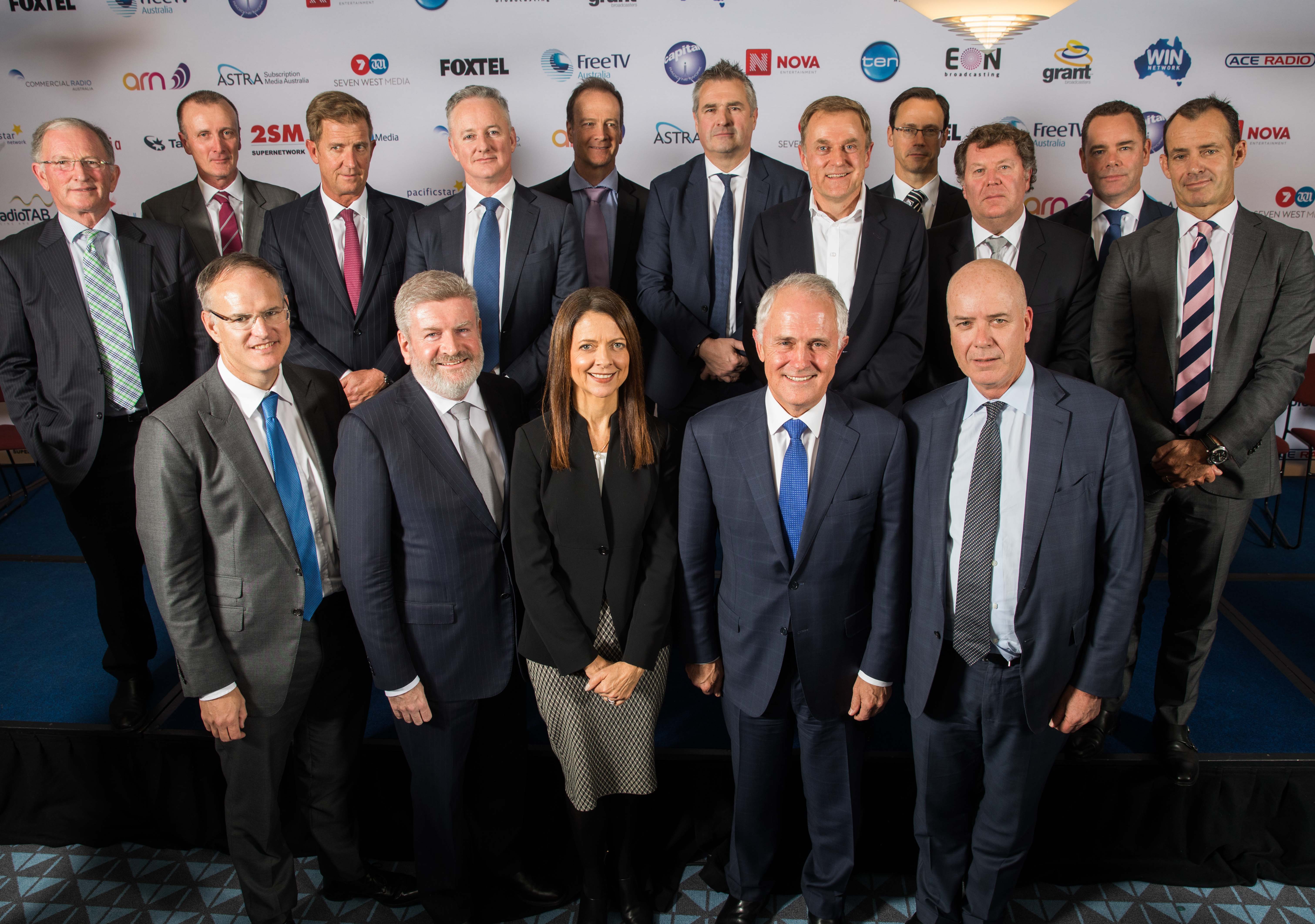Media bosses welcome media reforms, thank Fifield, Turnbull and Xenophon
Australian media companies have thanked Communications Minister Mitch Fifield, Prime Minister Malcolm Turnbull, and Senator Nick Xenophon, for their support of the media reforms bill, which passed the Senate on Thursday night.
Media bosses have broadcast their gratitude, particularly in relation to the removal of the two-our-of-three and 75% reach rule, which they have said will make the industry more competitive.



Isn’t it always heartening to see the diversity amongst our media owners?